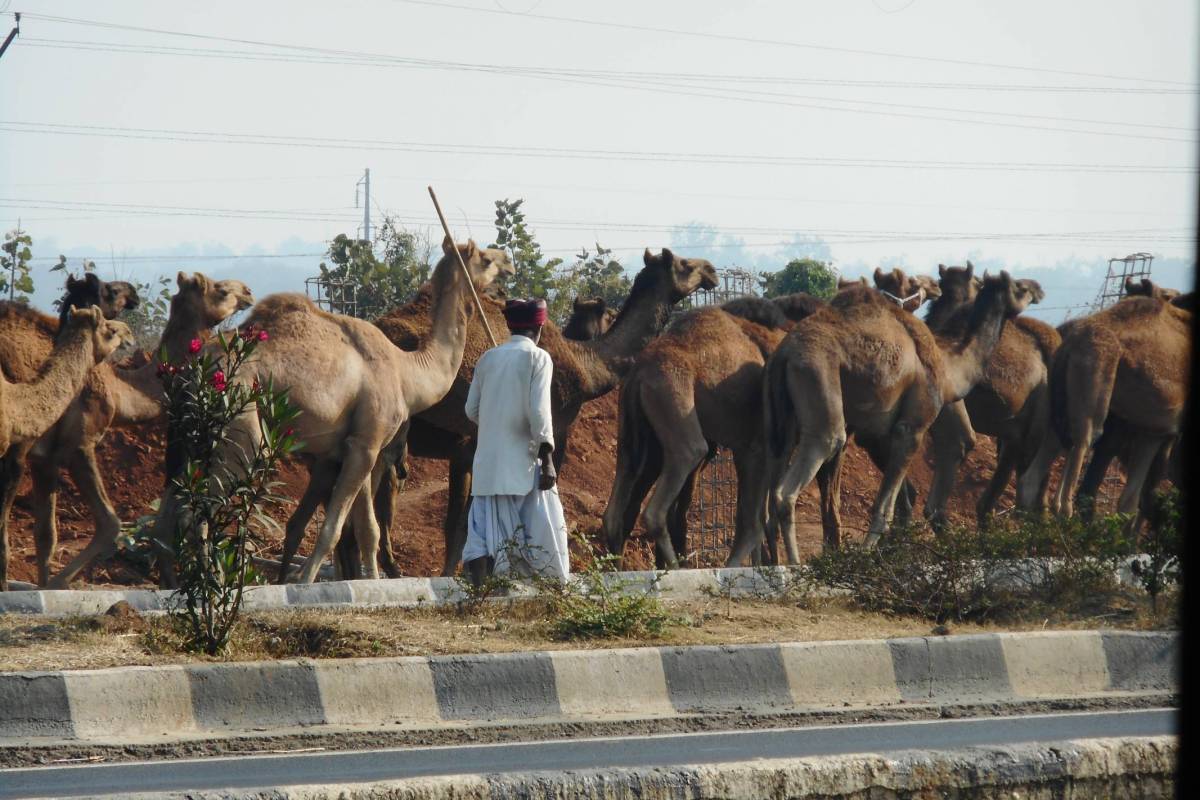The Ministry of Health of Guinea informed the World Health Organization (WHO) on August 9, 2021, of a confirmed case of Marburg virus disease (MVD) in Guéckédou Prefecture, Nzérékoré Region, south-western Guinea.
The village where the MVD case resided is near both Sierra Leone and Liberian borders.
This is the first known case of Marburg virus disease in Guinea and West Africa.
The MVD case, a male, had attended a small health facility near his village of residence with symptoms of fever, headache, fatigue, abdominal pain, and gingival hemorrhage. A rapid diagnostic test for malaria was performed, which was negative.
However, on August 2, 2021, he died in the community, and the sub-prefecture public health care facility alerted the prefectorial department of health in Guéckédou.
Following the alert, an investigation team comprised of national authorities and WHO experts were deployed to conduct an in-depth investigation.
On August 3rd, a real-time PCR was conducted, which confirmed the sample was positive for Marburg virus disease and negative for Ebola virus disease.
Since then, three family members and a healthcare worker were identified as high-risk close contacts, and their health is being monitored.
Marburg virus disease is a highly virulent, epidemic-prone disease associated with high case fatality rates (24-90%), says the WHO.
Currently, there is no specific therapeutic, drug, or vaccine approved to prevent MVD.
The Guinea Ministry of Health, together with WHO, US Centers for Disease Control and Prevention, ALIMA, Red Cross, UNICEF, The International Organization for Migration, and other partners, have initiated measures to control the outbreak and prevent further spread. Contact tracing is ongoing, along with active case searching in health facilities and at the community level.














